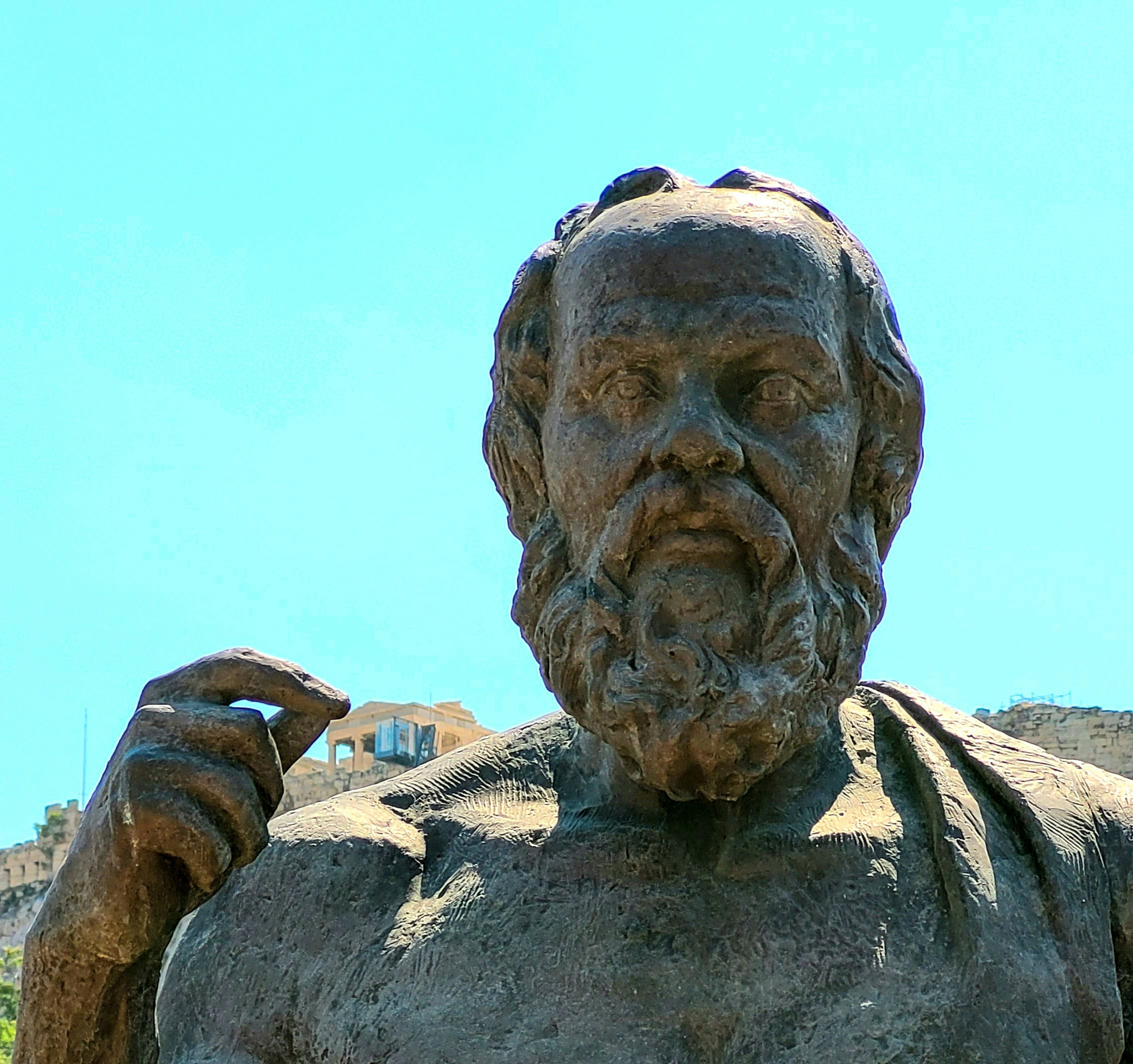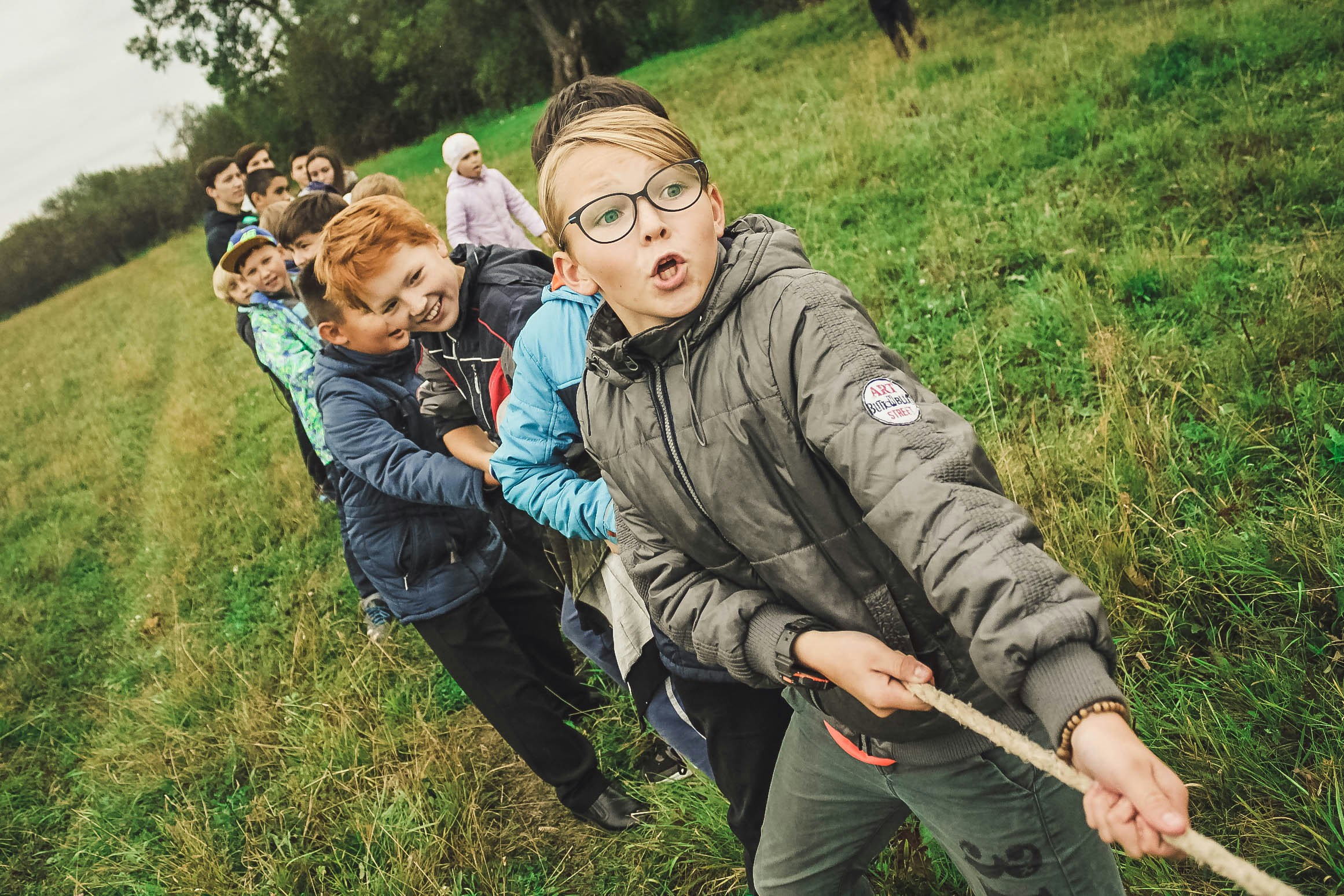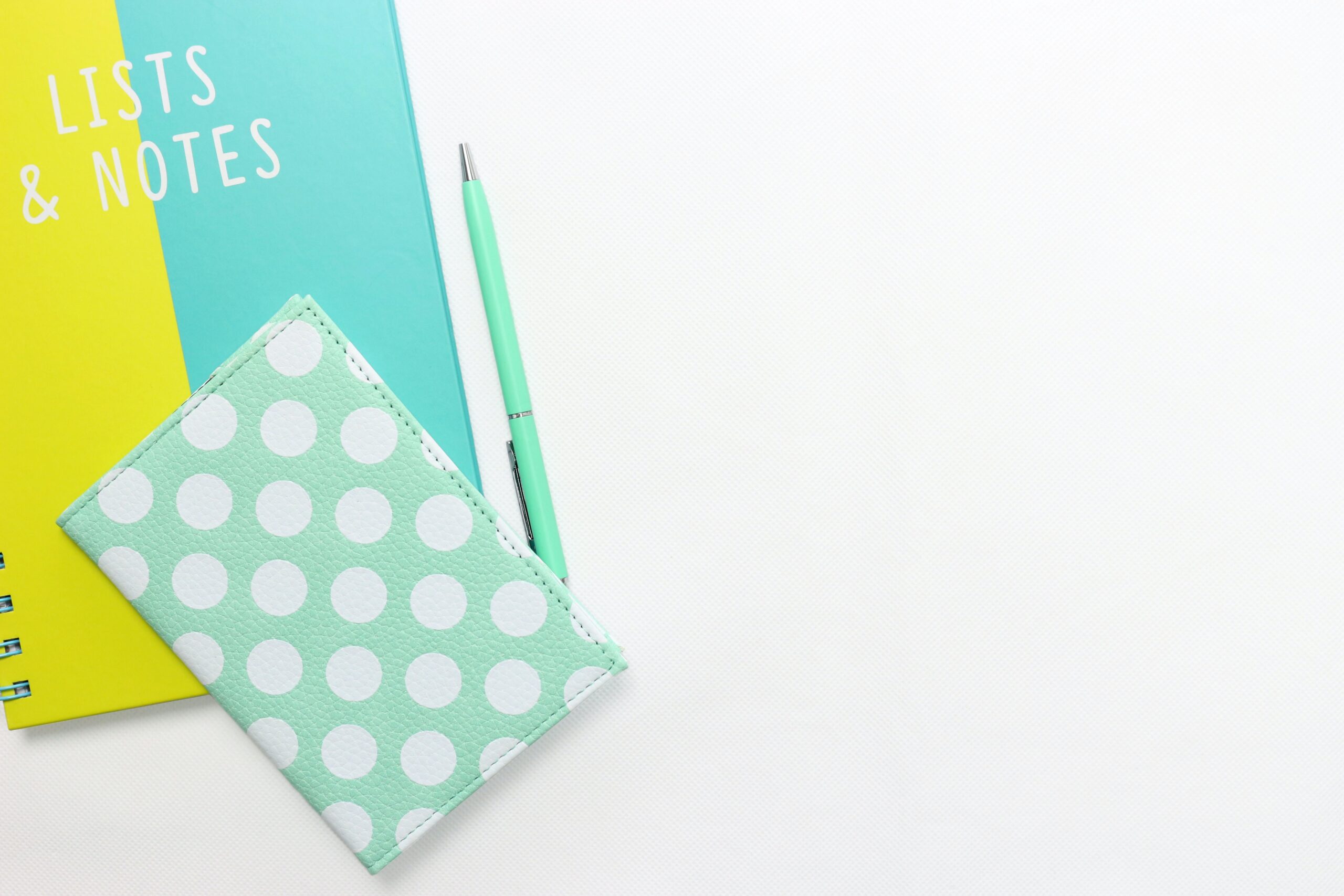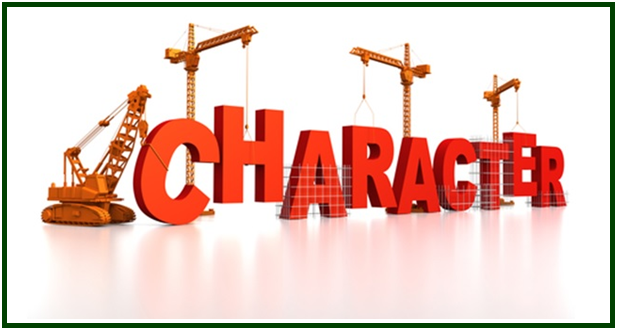
Photo by Selin Şahin
You probably know the classic “conscience” model of decision making where you have a small Angel on one shoulder and a small Devil on the other. A decision needs to be made and they compete with each other to convince you which path to take. Each takes turns to whisper in your ear either promising or threatening depending on the choice.
In this post I’m going to ask you to imagine a similar pair of “advisers “positioned ready for action, but in this case, one is a small (but alert and tough looking) lizard, and the other is a mini version of yourself 10 years in the future.
Both are exactly what they seem.
. . .
Let’s pretend it’s a typical week at school. Over the weekend you were at a community fundraiser – both days. On Monday at a PLD course. On Tuesday you went with your senior students to a leadership development day. That evening, you worked your way through the email pile left after two days out of the office. You were still well behind (and tired) by 10:30pm that night when you finally stopped.
Now let’s fast forward to Wednesday. It’s 11:00am – a break time at your school and a teacher pops into your office (where you’d just done your best to resolve an ongoing issue with the PTA fundraising committee). Looking a bit pale they volunteer, “I know this is late notice, but I can feel a migraine coming on and I can’t go to the maths quiz tonight. We need someone with the team . . .”
Boom. You now have a choice to make.
Your lizard starts talking first. She was wide awake and ready for this very moment.
“Say you’ll go. Say it quickly. If you hesitate they’ll think you’re annoyed with them. You’re the principal, everyone knows you’ll fix this . . . unless you don’t! Then they’ll think you’re lazy!”
Over on the other shoulder a less confident, quieter voice, hesitantly says, “you shouldn’t offer to help this time. You know you need to rest. You could ask someone else – maybe one of the parents . . .”
The lizard interrupts, “that’s a terrible thought. Don’t you care? The parents will know you couldn’t be bothered!”
And back and forward go the opposing thoughts.
In this tiny vignette of school leadership, the lizard represents your ancient brain. The bit hardwired to see danger and threats everywhere. The bit that used to keep your ancestors alive in a past world with saber-tooth tigers and no “best before” labels. It did a great job for millennia as proven by your existence today.
But it’s not helping you this Wednesday.
On your other shoulder is the thoughtful, rational you. The bit that intellectually knows that you’re overworked already and that you can choose not to go to the quiz (with all the attached upside of that decision).
This interplay of your reactive, threat seeking brain, with your rational mind, is rerun hundreds of times over a week – in fact every time you make a conscious choice!
Let’s look at some more choices versus voices.
You need to prepare a board report by tomorrow.
Rational voice: “Shut your office door, turn off your phone and email. Get the job done.”
Lizard voice: “A good principal is accessible. Shutting the door ruins this. Leave the door open and do the report tonight.”
You feel unwell but there is a staff meeting scheduled after school.
Rational voice: “Tell your Leadership Team. Ask them to run the meeting. If they can’t, cancel it. Go home either way.”
Lizard voice: “You have to be at the meeting. You’re the leader, you can’t ask others to go if you won’t yourself. What say they make bad decisions? You have to stay.”
A teacher calls in sick at 8:00 AM and you can’t get a reliever.
Rational voice: “You’ve got important work planned. Split the class across the school.”
Lizard voice: “Take the class. The other teachers don’t want extra kids. If they know you’re in the Office they’ll judge you. Better to do your other work in the weekend.”
You had 2 evening meetings in a row.
Rational voice: “Tell your team you are coming in late . Use the extra hour to go for the walk you missed due to the meetings.”
Lizard voice: “Turn up at 7:00 AM as usual. It’s just part of your job to be short of time. What will people think if they see you exercising in school time!”
This interplay of rational choices being sabotaged by your lizard brain is exactly what often stops smart people making better long-term choices.
. . .
The lizard brain is a physical lump near your brain stem. It’s actually a metaphor for a part of your amygdala and it reacts to threats, real or imagined, instantly and automatically.
Steven Pressfield calls this “The Resistance” in his book, “Do The Work” (which I highly recommend you read sometime).
. . .
It seems that the world (and our leader’s roles) have changed more quickly than our ancient survival systems .
If nature had kept up with reality, your lizard would be whispering things like:
“You have to exercise regularly or you’ll get sick. Go for a walk now.”
“Go home. It’s your daughter’s birthday. She’s more important than completing that plan right now.”
“Ask someone to cover your lunch duty – that unexpected meeting earlier shouldn’t mean you don’t eat.”
Sadly, our lizard will probably say exactly the opposite because our ancient brain is not forward thinking. It’s impulsive, reactive and looking for immediate threats. If if can’t find a real one, it’ll invent something – just to keep you cautious.
I’m as vulnerable to these insidious voices as most people, but am trying a plan to lessen their power.
My strategy is to deliberately build different habits. I want to quieten the negative voices by taking them out of the decision making. A habit can do this because a habit is a largely unconscious behaviour. It’s a default position. Critically, a habit (once formed) doesn’t take conscious thought so removes the opportunity for internal debate.
One that I am currently working on, is not saying “yes” to extra work when I am already too busy. This goes against my natural urge to help people, so is often not easy. I’d give myself a success rating of 7/10 at this stage. I suspect I’ve spent far too many years listening to the “voices” so it’s going to take time to quieten them.
. . .
How’s your lizard treating you? Is it whispering nonsense when you rationally know better? If so, it’s time to stop listening and time to be more professional, for you, the people who care about you, and the school that you serve.
Dave
Note 1: Thanks to Michael Fletcher, a fellow New Zealand principal, for the title of this post. Michael puts up really sensible short YouTube videos for us all from time to time (like this one).
Note 2: “Professional” = working in a way that is both effective and sustainable.






















 Photo by
Photo by